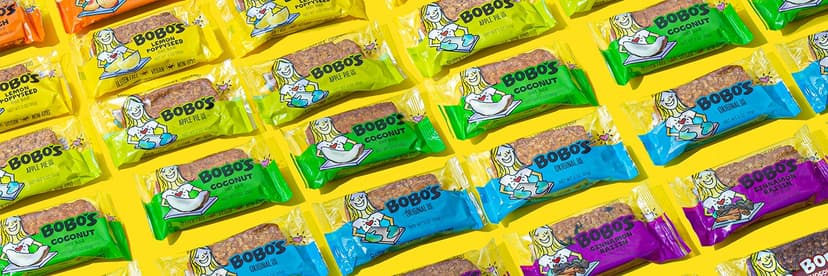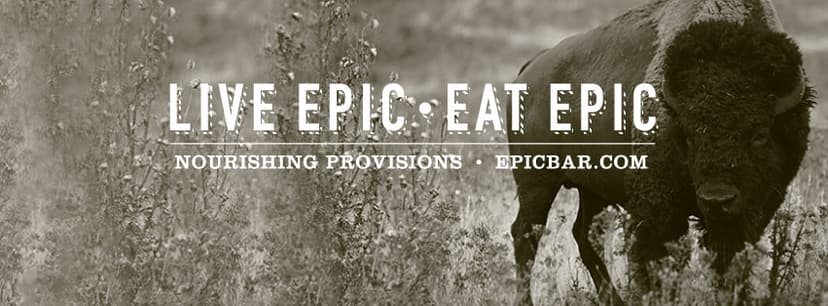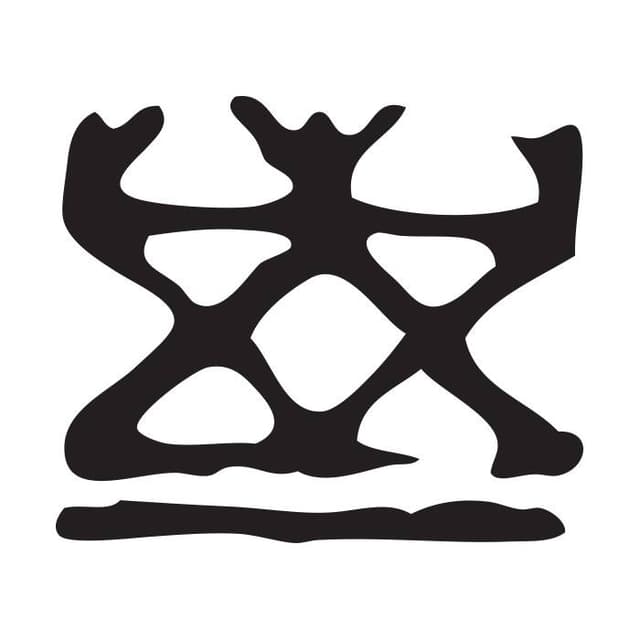Eating right is important for everyone, but men have unique nutritional needs. These needs change with age, fitness goals, and health concerns. This article explores the best diets for men, whether they want to lose weight, build muscle, or stay heart-healthy. Let's dive into the world of nutrition and find the optimal diets for men's health.
Key Takeaways
- Men's nutritional needs vary based on age, fitness goals, and health conditions.
- Weight loss diets for men include WW, low-carb diets, and intermittent fasting.
- Muscle growth can be supported by diets like Paleo, high-protein diets, and proper nutrient timing.
- Heart-healthy diets for men include the DASH and Mediterranean diets, along with avoiding certain harmful foods.
- Men over 50 benefit from plant-based diets, nutrient-dense foods, and staying hydrated.
Understanding Men's Unique Nutritional Needs
Caloric Requirements
Men generally need more calories than women due to their larger body size and muscle mass. Daily calorie needs vary based on height, weight, and activity levels. It's crucial to consume enough calories to support your body's functions and energy needs.
Essential Nutrients
A balanced diet for men should include a variety of nutrients to maintain overall health. Key nutrients include:
- Protein: Supports muscle growth and repair.
- Healthy Fats: Important for brain health and hormone production.
- Carbohydrates: Provide energy for daily activities.
- Vitamins and Minerals: Essential for various bodily functions.
Age-Related Dietary Changes
As men age, their nutritional needs change. Older men may need fewer calories but more of certain nutrients like calcium and vitamin D to maintain bone health. Adjusting your diet as you age can help you stay healthy and active.
Maintaining a balanced diet tailored to your age and activity level is key to long-term health.
Top Diets for Men Focused on Weight Loss
WW (Weight Watchers)
WW, also known as Weight Watchers, is a popular diet plan that uses a point system to help you make healthier food choices. It's flexible and can be tailored to fit your lifestyle. You can eat what you like, but you need to stay within your daily points limit. This makes it easier to stick to the plan long-term.
Low-Carb Diets
Low-carb diets focus on reducing the intake of carbohydrates and increasing protein and fat. This can help you lose weight by making you feel full longer. Common low-carb diets include the Atkins Diet and the Ketogenic Diet. These diets can be effective, but it's important to choose healthy fats and proteins.
Intermittent Fasting
Intermittent fasting involves cycling between periods of eating and fasting. There are different methods, such as the 16/8 method, where you fast for 16 hours and eat during an 8-hour window. This diet can help you reduce calorie intake and improve metabolism. However, it's crucial to eat nutrient-dense foods during eating periods to stay healthy.
Choosing the right diet can make a big difference in your weight loss journey. It's important to find a plan that fits your lifestyle and is sustainable in the long run.
Diets to Support Muscle Growth and Fitness
Paleo Diet
The Paleo diet aims to replicate the eating habits of ancient hunter-gatherers. It focuses on minimally processed foods like fruits, vegetables, meat, fish, and poultry. This diet is often recommended for muscle growth because it includes many high-protein foods. Studies show that the Paleo diet can help improve body composition by reducing body fat and increasing muscle mass.
High-Protein Diets
High-protein diets are essential for muscle growth. They include foods like lean meats, eggs, dairy, and legumes. These diets help repair and build muscle tissues, especially when combined with resistance training. A typical high-protein meal plan might look like this:
| Meal | Foods Included |
|---|---|
| Breakfast | Scrambled eggs, Greek yogurt, berries |
| Lunch | Grilled chicken, quinoa, vegetables |
| Dinner | Salmon, sweet potatoes, broccoli |
| Snacks | Protein shake, nuts, cheese |
Nutrient Timing
Nutrient timing involves eating specific nutrients at certain times to maximize muscle growth and recovery. For example, consuming protein and carbs right after a workout can help replenish energy stores and repair muscle tissue. Here are some tips for effective nutrient timing:
- Eat a balanced meal 2-3 hours before exercising.
- Have a protein-rich snack within 30 minutes after your workout.
- Stay hydrated throughout the day to support overall performance.
Proper nutrient timing can significantly enhance your muscle-building efforts and overall fitness.
Heart-Healthy Diets for Men
DASH Diet
The DASH diet, which stands for Dietary Approaches to Stop Hypertension, is designed to combat high blood pressure. It emphasizes eating fruits, vegetables, whole grains, and lean proteins. Reducing sodium intake is a key component of this diet, which can help lower blood pressure and improve heart health.
Mediterranean Diet
The Mediterranean diet is inspired by the traditional eating habits of people in countries like Greece and Italy. This diet focuses on consuming healthy fats, such as those found in olive oil, nuts, and fish. It also includes plenty of fruits, vegetables, whole grains, and lean proteins. Studies have shown that the Mediterranean diet can reduce the risk of heart disease.
Foods to Avoid
To maintain a heart-healthy diet, it's important to avoid certain foods that can negatively impact cardiovascular health. These include:
- Saturated fats found in fried foods, cheese, and butter
- Trans fats found in many processed foods
- Excessive salt and sugar
By steering clear of these foods, you can help protect your heart and improve your overall health.
A heart-healthy diet is not just about adding good foods but also about avoiding harmful ones. Making mindful choices can lead to a healthier heart and a longer life.
Optimal Diets for Men Over 50
Plant-Based Diet
A plant-based diet can be very beneficial for men over 50. It focuses on eating more fruits, vegetables, whole grains, and legumes. This diet helps reduce the risk of chronic diseases like heart disease and diabetes. It also supports weight management and overall health.
Nutrient-Dense Foods
As men age, their bodies need more nutrients but fewer calories. Nutrient-dense foods provide vitamins, minerals, and other important nutrients without too many calories. Examples include leafy greens, berries, nuts, and lean proteins. These foods help maintain energy levels and support overall well-being.
Hydration and Fiber
Staying hydrated is crucial for men over 50. Drinking enough water helps with digestion, keeps the skin healthy, and supports overall bodily functions. Fiber is also important as it aids in digestion and helps prevent constipation. Foods high in fiber include fruits, vegetables, and whole grains.
Eating a balanced diet and staying hydrated can make a big difference in how you feel every day. Make sure to include a variety of nutrient-dense foods and drink plenty of water to support your health as you age.
Managing Chronic Conditions Through Diet
Diabetes-Friendly Diets
Managing diabetes through diet involves focusing on foods that help control blood sugar levels. Incorporate whole grains, lean proteins, and plenty of vegetables into your meals. Avoid sugary snacks and beverages. A balanced diet can help maintain stable blood sugar levels and improve overall health.
Prostate Health
For prostate health, consider adding foods rich in antioxidants and omega-3 fatty acids to your diet. Tomatoes, berries, and fatty fish like salmon are excellent choices. These foods can help reduce inflammation and support prostate health.
Anti-Inflammatory Foods
Eating anti-inflammatory foods can help manage chronic conditions like arthritis. Include foods such as leafy greens, nuts, and olive oil in your diet. These foods can help reduce inflammation and improve your quality of life.
Making healthy lifestyle habits can have a huge impact on your health. Focus on incorporating nutrient-rich foods and avoiding those that can aggravate your condition.
Choosing the Right Diet for Your Lifestyle
Assessing Your Goals
Before picking a diet, think about what you want to achieve. Are you aiming to lose weight, build muscle, or manage a health condition? Knowing your goals will help you choose a diet that fits your needs.
Sustainability and Ease
A good diet should be easy to stick to. Avoid plans that are too strict or hard to follow for a long time. Look for diets that fit into your daily life without too much hassle.
Consulting Healthcare Providers
It's always a good idea to talk to a doctor before starting a new diet, especially if you have health issues. A healthcare provider can give you advice tailored to your specific needs.
Finding the right diet is about balancing your goals with what you can realistically maintain. Make sure it's something you can stick with for the long haul.
Conclusion
Choosing the right diet is crucial for men's health at any age. With so many options available, it's important to pick one that fits your lifestyle, goals, and health needs. Whether you're aiming to lose weight, build muscle, or manage a health condition, there's a diet out there for you. Remember, a balanced diet rich in fruits, vegetables, lean proteins, and whole grains can make a big difference. Always consult with a healthcare provider before making any major changes to your diet. Staying informed and making thoughtful choices can lead to a healthier, happier life.
Frequently Asked Questions
Why do men need more calories than women?
Men usually need more calories because they have more muscle mass and larger body size. Their daily calorie needs depend on height, weight, and activity levels.
What is a good diet for weight loss for men?
WW (Weight Watchers), low-carb diets, and intermittent fasting are popular choices for men aiming to lose weight.
Which diet helps in building muscle?
Diets like the Paleo diet and high-protein diets are great for building muscle. Nutrient timing also plays a role in muscle growth.
What foods should men over 50 focus on?
Men over 50 should focus on a plant-based diet, nutrient-dense foods, and ensure they stay hydrated and consume enough fiber.
How can diet help in managing chronic conditions?
Specific diets can help manage chronic conditions. For instance, diabetes-friendly diets, foods that support prostate health, and anti-inflammatory foods can be beneficial.
Why is it important to consult a healthcare provider before changing your diet?
Consulting a healthcare provider ensures that any dietary changes are safe and suitable for your specific health needs and conditions.
























